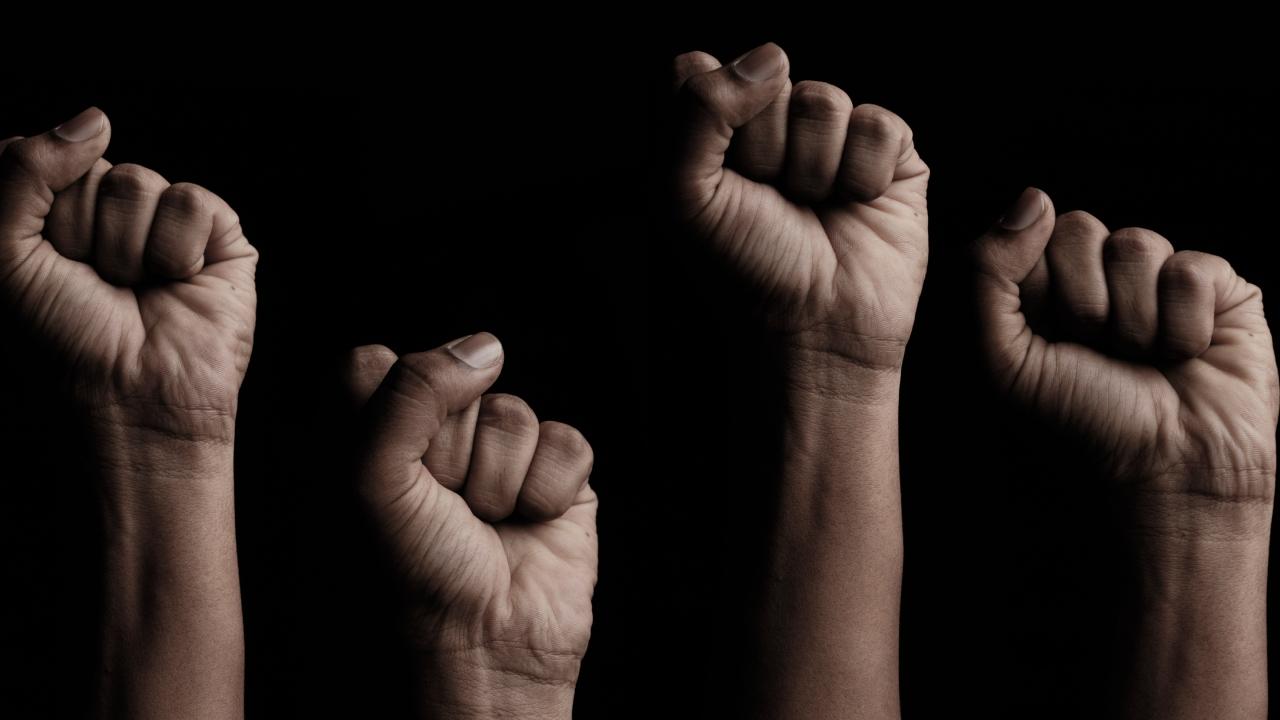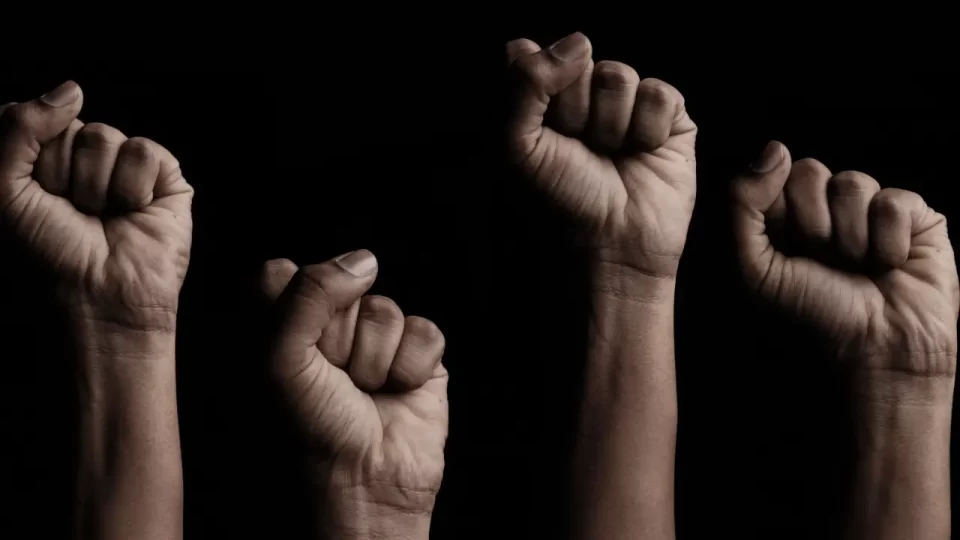
The Indian Medical Association`s (IMA) Maharashtra unit has threatened to go on a 24-hour strike from September 18 in protest against the state government`s decision to allow homoeopathic doctors to register with the Maharashtra Medical Council (MMC) after completing a one-year Certificate Course in Modern Pharmacology (CCMP), reported the PTI.
MMC is the official regulatory body for medical professionals in Maharashtra, tasked with overseeing registration and ensuring ethical conduct.
The decision, formalised through a Government Resolution (GR) on September 5, permits homoeopaths who have completed the CCMP course to prescribe allopathic medicines in certain cases.
It has sparked serious opposition from the allopathic medical community, who fear that such a move could compromise patient safety and the credibility of the healthcare system.
According to Dr Santosh Kadam, President of IMA Maharashtra, nearly 1.8 lakh allopathic doctors across the state, including those from government and private hospitals, will take part in the strike. However, he clarified that emergency medical services will remain unaffected, the PTI reported.
Kadam said the resident doctors` organisations of government and Brihanmumbai Municipal Corporation (BMC) medical colleges, Central MARD (Maharashtra Association of Resident Doctors) and BMC MARD, have opposed the move and pledged to participate in the strike.
IMA representatives met with Maharashtra Deputy Chief Minister Eknath Shinde on Wednesday and submitted a memorandum of their demands, urging the immediate withdrawal of the September 5 GR.
From September 17, the government is expected to begin a separate registration process for CCMP-certified homoeopaths with the MMC, allowing them to legally prescribe allopathic medicines.
Dr Akshay Dongardive, President of the Federation of All India Medical Associations (FAIMA), warned that if the government does not roll back its decision, doctors across the country may stage a nationwide protest, including public awareness campaigns about the risks involved.
In a letter to the CM, the IMA Maharashtra unit expressed concerns that allowing “inadequately trained” homoeopaths to treat patients may lead to misdiagnosis, adverse drug reactions, and increased antibiotic resistance, particularly in rural areas.
The IMA also argued that the move could create a dual system of registration, confusing patients and damaging public trust in the healthcare system.
(with PTI inputs)


